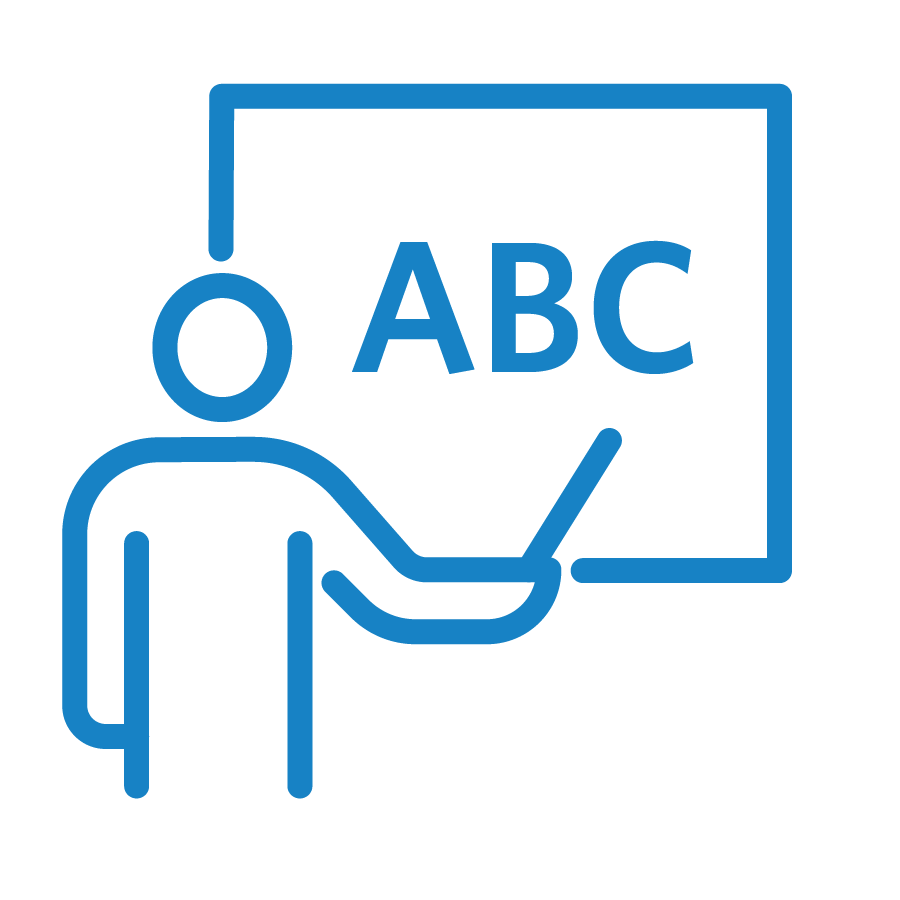Filter resources by:
Select a filter from the drop down menu to apply the filter. Page reloads upon selection

Feb 1, 2024
Finding the Main Idea
Strategies to Find Topics and Main Ideas The topic is a word or phrase that states the subject of a text (what it is about) and should be located first. The main idea is the point the author is making about the topic. To locate the topic in a reading selection, encourage students to see
Read Strategy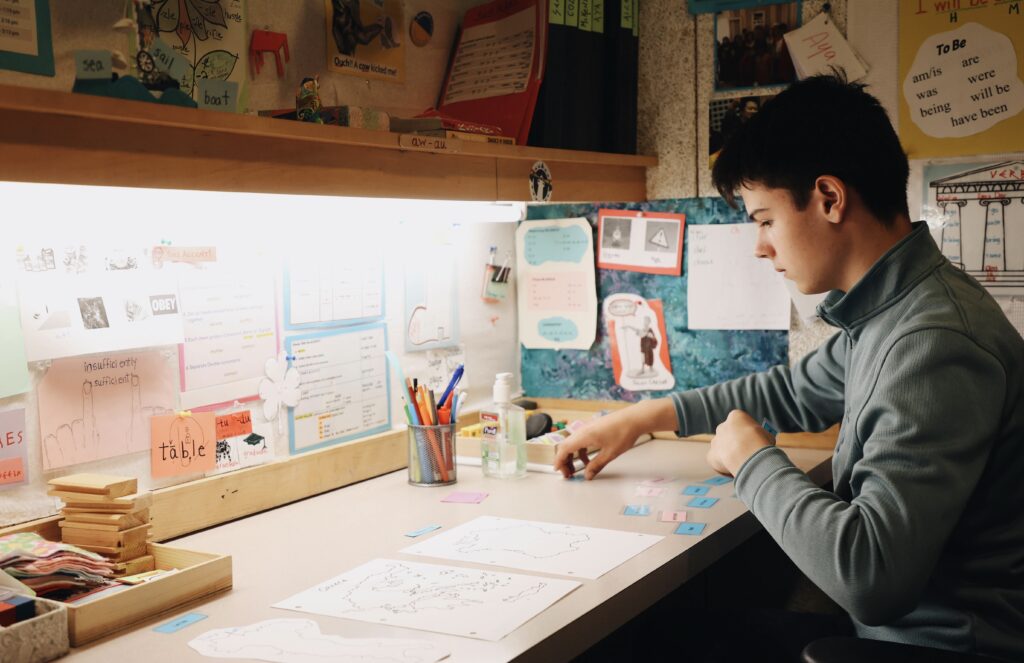
Jan 16, 2024
More Fun than Memorization: Interactive Strategies for Spelling Success
Teaching spelling can also be emotional. It can be hard for the educator to prioritize this essential activity as spell check and autocorrect become smarter, more integral supports within our primary modes of modern communication (like texting and email). Even for the teacher who has successfully integrated technology, spelling is hard because the tools available
Read Blog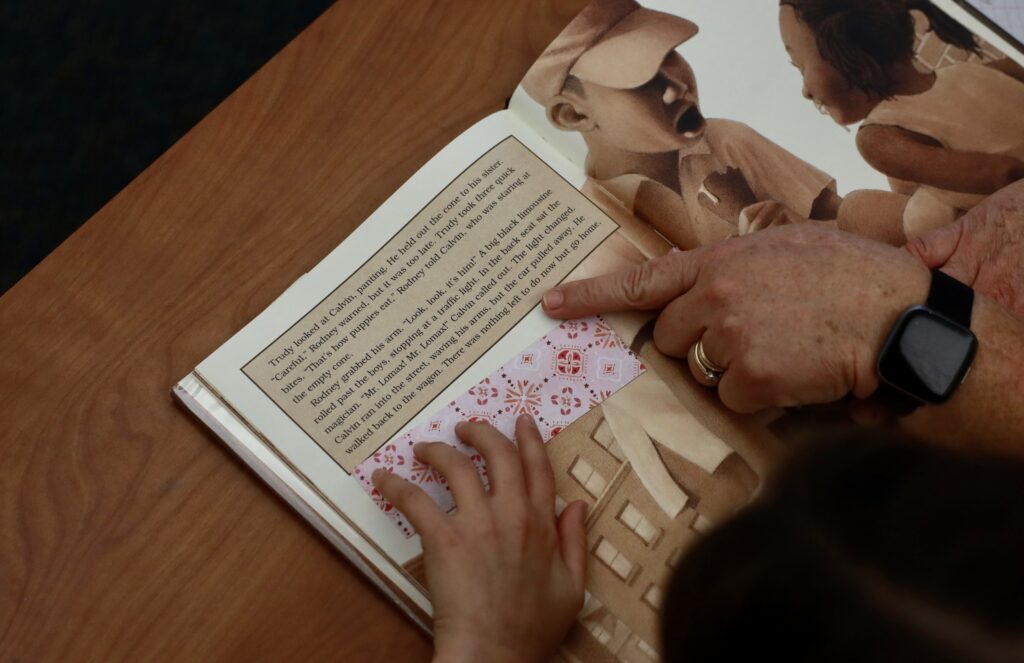
Dec 8, 2023
A Morphophonemic Approach to Decoding and Vocabulary
So, why does it seem so hard? English is a deep orthography, meaning that it is a morphophonemic language, not solely a phonetic one. A phonetic language, such as Italian, has a near one-to-one correspondence between sounds and their spellings. In Italian, there are 21 graphemes (spellings) that correspond to 28 sounds. While some Italian
Read Blog
Nov 5, 2023
An AI Tsunami is Coming for Education
Like so many things, how Artificial Intelligence (AI) will transform the lives and work of educators begins with Oswald the Lucky Rabbit. It was 1928, and Ub Iwerks was in trouble. He and his partner, Walter E. Disney, had just lost the rights to their animated gold mine, Oswald the Lucky Rabbit. Following Oswald’s premier
Read Blog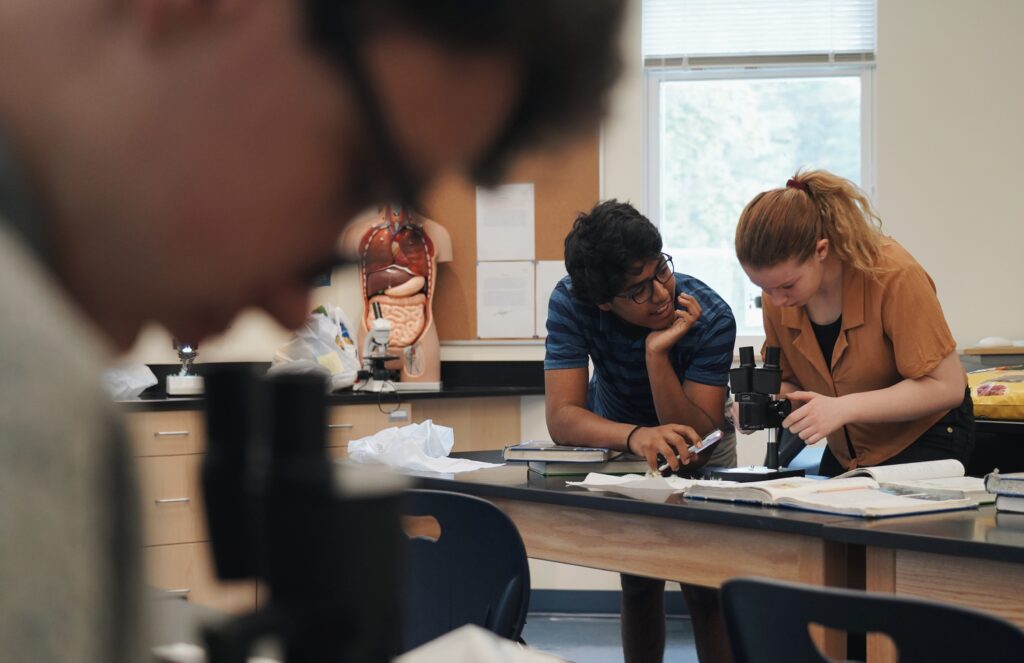
Nov 1, 2023
The Executive Functions and Literacy
The graphic below provides a visual representation of the intersection of these skills. Language and literacy skills include listening, speaking, reading, and writing. Study skills include flexible and appropriate use of strategies for managing materials, time and language/information. Self-efficacy (the belief that one’s actions are related to outcomes) includes skills in self-awareness, self-assessments, and self-advocacy.
Read Strategy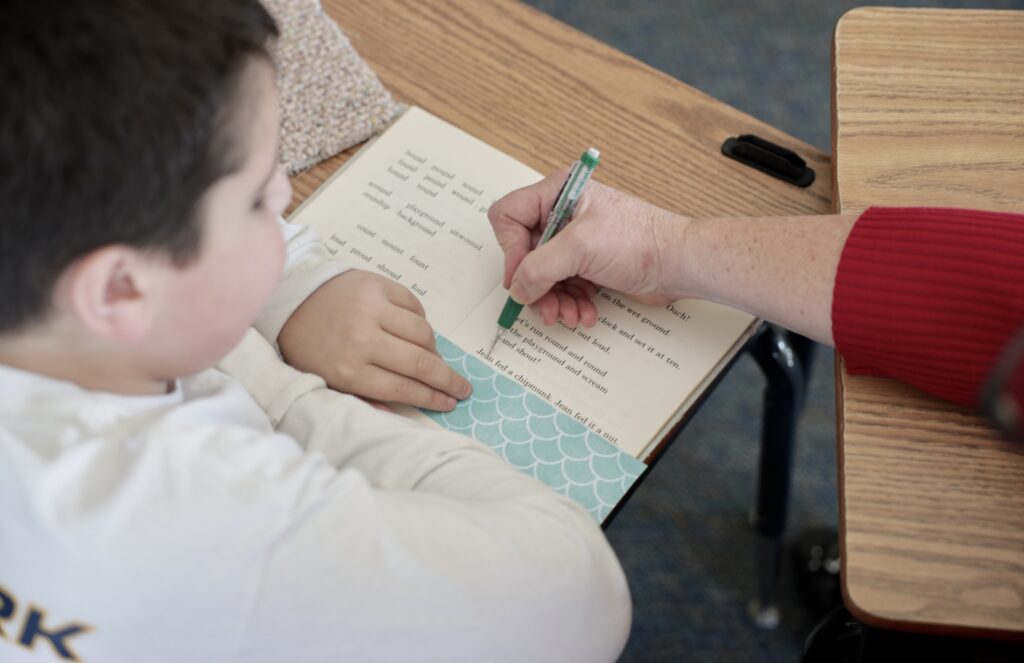
Nov 1, 2023
Supporting Orthographic Mapping Skills in Emergent Readers
Oxford Languages defines mapping as the act of being “associated with or linked to (an equivalent group).” If orthography deals with the written representation of language, how then, do we map orthographically? In many ways, it is as complex as it sounds. Orthographic mapping is the process by which words are stored in the brain
Read Blog
Sep 18, 2023
Working Memory Overview
Working memory is an essential aspect of cognitive function. In everyday life, people use their working memory to remember number sequences like phone numbers, pin numbers, and passwords. Research on memory and learning shows that working memory also plays a vital role in academic achievement and is considered the biggest indicator of academic success. Studies
Read Strategy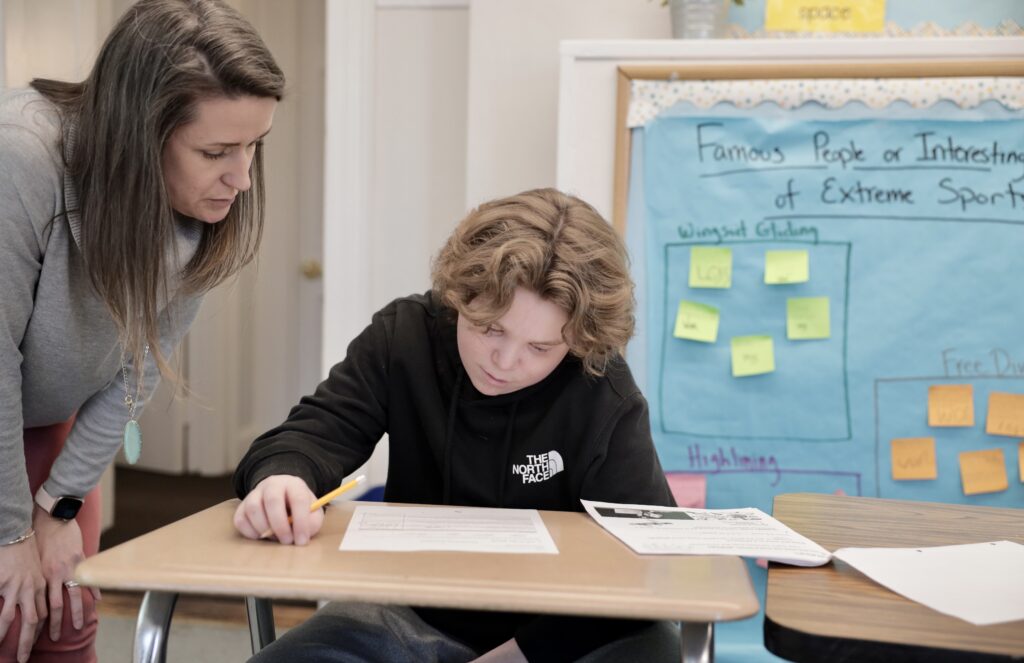
Sep 12, 2023
Back to Basics: The Value of Repetition
At Landmark School, our instruction is guided by the Language Box™ and Landmark’s Six Teaching Principles™. As we design lessons to support our students who struggle with language and literacy skill acquisition, these two tools are at the heart of our instructional practice. Most importantly, they enable us to effectively scaffold instruction and create classroom
Read Blog
Sep 1, 2023
Poetry in the Age of Science of Reading
As an advocate for the teaching of reading as an art as well as a science, I am a firm believer that poetry and other rhythmical texts offer unique advantages and opportunities for teachers and children in reading instruction. Below I outline just some of the ways that making poetry a daily part of the
Read Blog